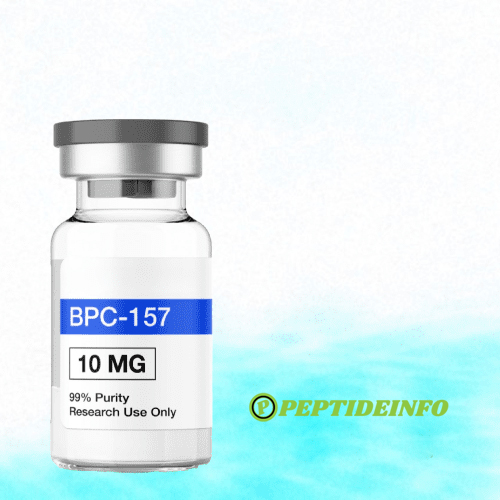The “BPC” in BPC-157 stands for “Body Protecting Compound”.
BPC-157 is a synthetic protein, which is made from a biologically active sequence of 15 amino acids derived from a naturally occurring peptide.
The naturally occurring peptide is found in gastric juices, which is why researchers have been eagerly studying BPC-157 for its ability to promote gut health [1].
According to a comprehensive aggregation of all the scientific data on BPC-157 to date, the following benefits have been observed in rats [2]:
- Exerts protective effects during damaging surgical procedures or administration of a toxic substance
- Heals organ, bone, and joint damage
- Treats stomach ulcers
- Possesses anti-inflammatory properties
While the side effects of BPC-157 appear to be non-existent, very little research involving human test subjects exists [3]:
While BPC-157 is not approved by the FDA, it can be purchased by researchers and, in rare cases, can be prescribed by a doctor in certain circumstances.
To spare the legal explanation, it is technically acceptable for a doctor to prescribe non-FDA-approved drugs if certain precautions are met [4]:
“After review, if the [doctor] decides that there is sound medical evidence and it is in the patient’s best interest to use a non-FDA approved device, he or she should conduct and document a thorough and careful informed consent discussion.
The patient should be informed of the nature of the technique or device being used, its scientific basis, its benefits, and any possible drawbacks or criticisms from other practitioners.”
To date, no sports organizations have officially declared BPC-157 to be a banned substance but it is possible that an organization like the NCAA could prohibit it under the category “Peptide Hormones and Analogues” [5]:
“Any substance that is chemically related to one of the above classes, even if it is not listed as an example, is also banned!”
With that being said, peptides like BPC-157 are not listed for human consumption. BPC-157 is only to be used in research applications by qualified professionals.
The only data we have on BPC-157 being used in humans comes from a handful of small clinical trials, as such, finding a proper dosage can be difficult.
Now, let’s dive into the documented effects of BPC-157 in the following section.




